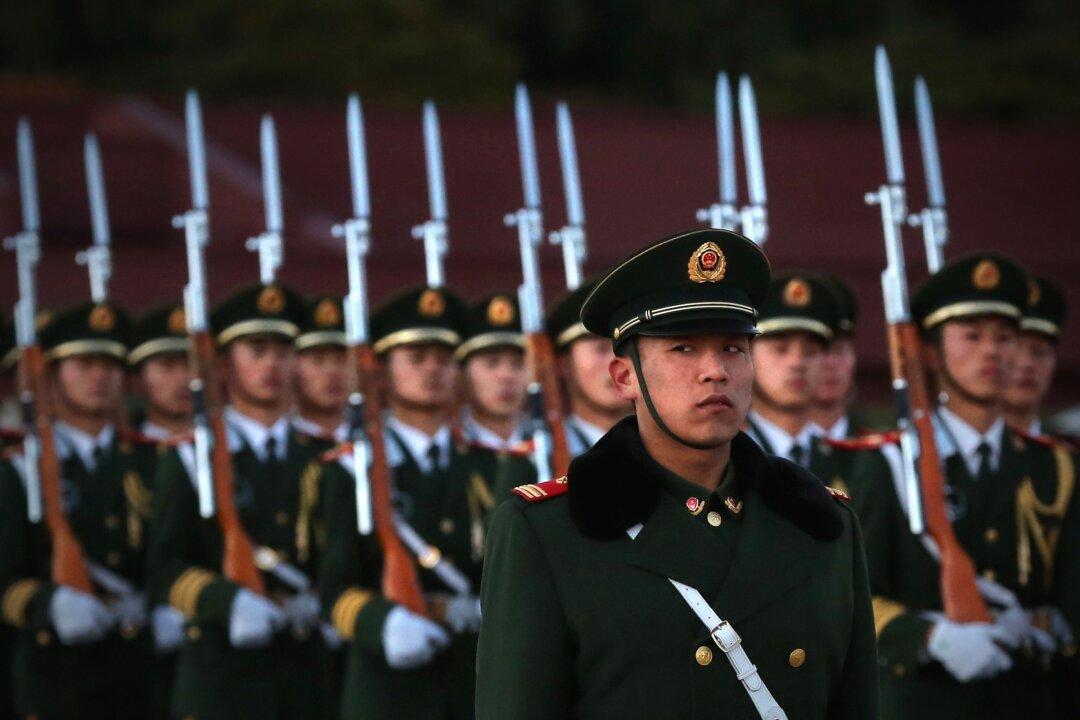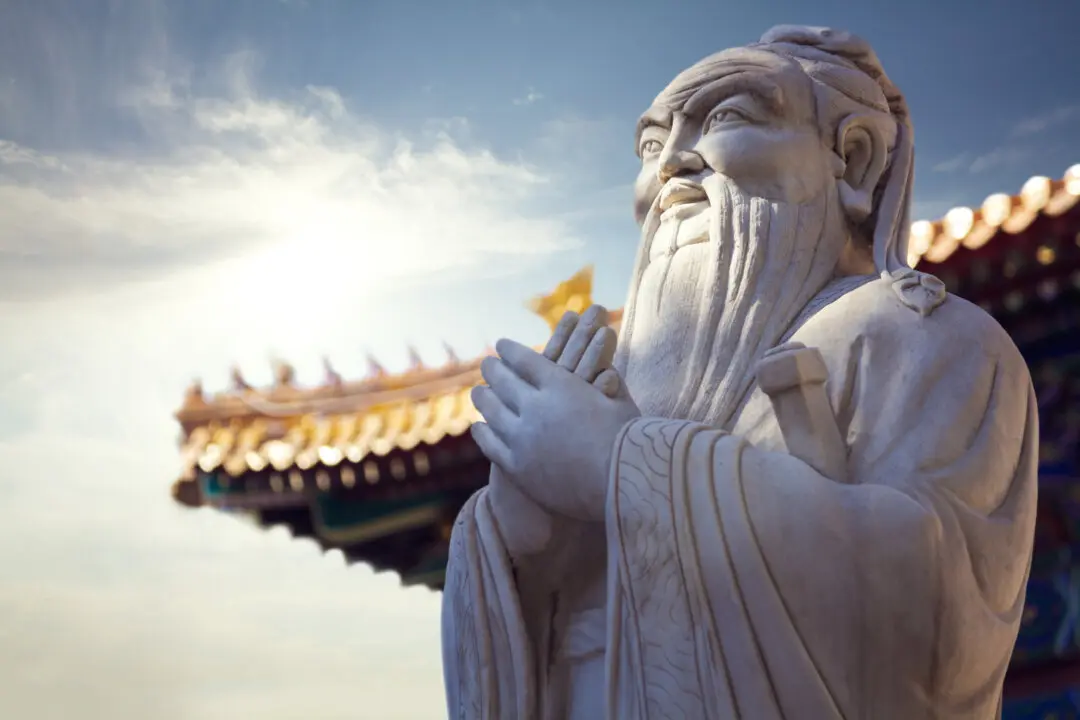The Chinese communist regime recently issued directives in a bid to boost domestic production and attract foreign investment and technology amid a stagnant economy. However, according to China observers, the directives seem contradictory and tighten the CCP’s control over businesses.
Speaking at a meeting of the Chinese Communist Party’s (CCP) Central Commission for Comprehensively Deepening Reforms on June 11, Chinese leader Xi Jinping stressed the importance of “strengthening the leadership” of the CCP over both state-owned enterprises (SOEs) and the private business sector, according to China’s state mouthpiece, Xinhua News Agency.





